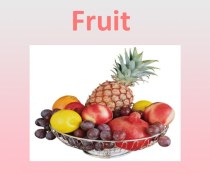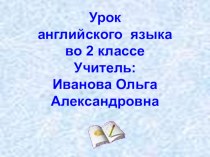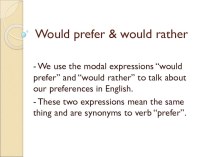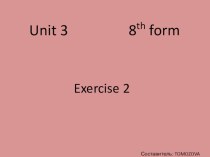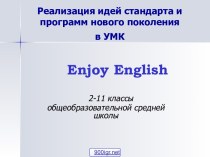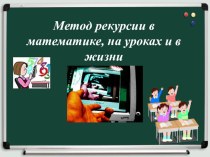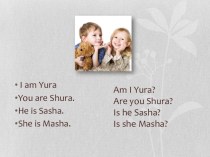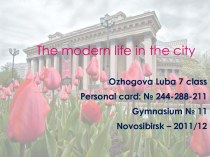- Главная
- Разное
- Бизнес и предпринимательство
- Образование
- Развлечения
- Государство
- Спорт
- Графика
- Культурология
- Еда и кулинария
- Лингвистика
- Религиоведение
- Черчение
- Физкультура
- ИЗО
- Психология
- Социология
- Английский язык
- Астрономия
- Алгебра
- Биология
- География
- Геометрия
- Детские презентации
- Информатика
- История
- Литература
- Маркетинг
- Математика
- Медицина
- Менеджмент
- Музыка
- МХК
- Немецкий язык
- ОБЖ
- Обществознание
- Окружающий мир
- Педагогика
- Русский язык
- Технология
- Физика
- Философия
- Химия
- Шаблоны, картинки для презентаций
- Экология
- Экономика
- Юриспруденция
Что такое findslide.org?
FindSlide.org - это сайт презентаций, докладов, шаблонов в формате PowerPoint.
Обратная связь
Email: Нажмите что бы посмотреть
Презентация на тему The word-group theory
Содержание
- 2. Lecture outlineSyntactic relations.The definition and general characteristics.Classification of word-groups.
- 3. The syntactic notionsSyntactic relations: the syntagmatic (linear)
- 4. The syntactic relationsCoordination (independence): word group, sentence,
- 5. The syntactic relationsSubordination (dependence, difference linguistic rank):word-group
- 6. Syntactic relationsPredication (interdependence):the syntactic function of the
- 7. Syntactic relationsAccumulativeThe relations b/w the constituents can
- 8. The word-group. The definition.the basic unit of
- 9. The views on word-groupsBroad (every syntactically organized
- 10. The broad view: syntagmatic groupings (by
- 11. The notional phrases (classification)Equipotent (words are related
- 12. Dominational connection (Blokh)The principal (dominating) – kernel,
- 13. Dominational connection (Blokh)Dominational bilateral (reciprocal, two-way): predicative
- 14. Dominational connection (Blokh)Dominational completive connection: objective and
- 15. The narrow view (Barkhudarov)Word-group (phrase) is a
- 16. The subordinate phraseSyntactically unequal;The head and the
- 17. The subordinate phrase: typesICs represented with a
- 18. The subordinate phrase: typesICs separated / non-separated
- 19. Noun PhrasesThe place of the adjunct:Noun phrases
- 20. Verb PhrasesAccording to the class of the
- 21. Verb phrasesAdjuncts (complements):object complements (transitive head):prepositional and
- 22. Verb phrasesAdjuncts (complements):qualifying complements (intransitive head): rise
- 23. Verb phrasesAccording to the number and type
- 24. Other types of phrasesAdjective phrases: Politically
- 25. Coordinate phrasesAccording to the means used to
- 26. Coordinate phrasesAccording to the means used to
- 27. Predicative phrasesThe combinations of the subject and
- 28. Скачать презентацию
- 29. Похожие презентации
Lecture outlineSyntactic relations.The definition and general characteristics.Classification of word-groups.
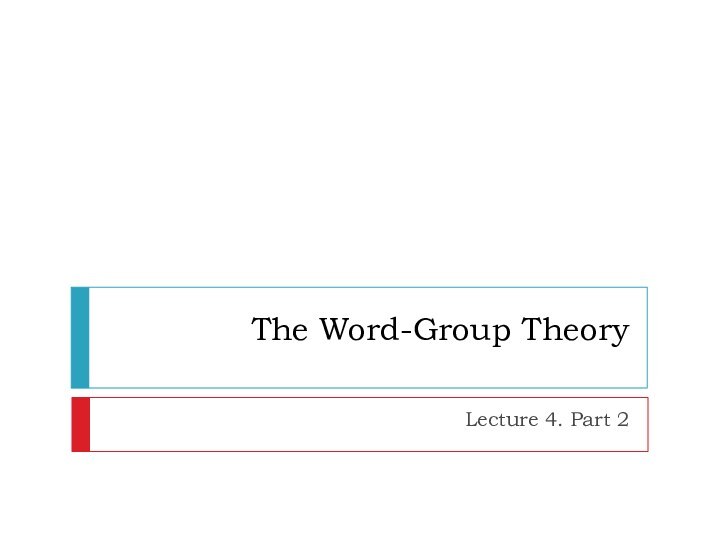
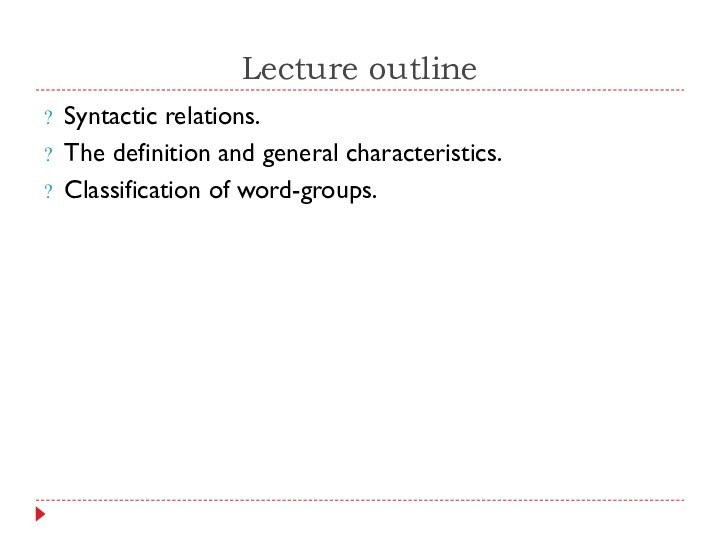


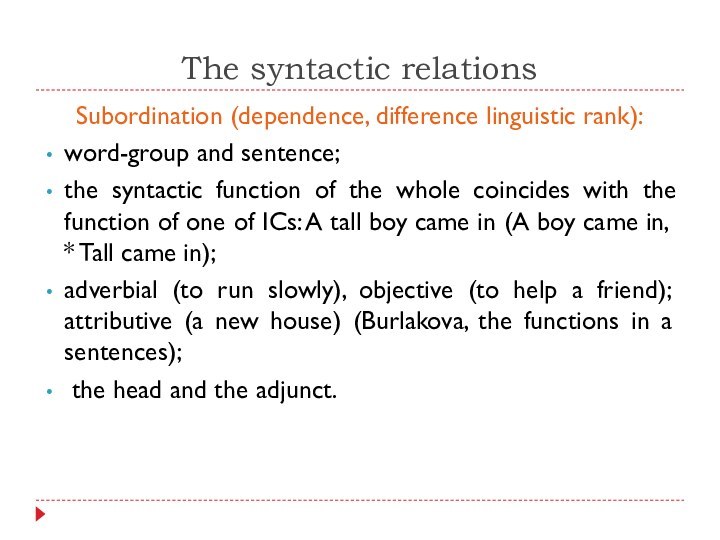






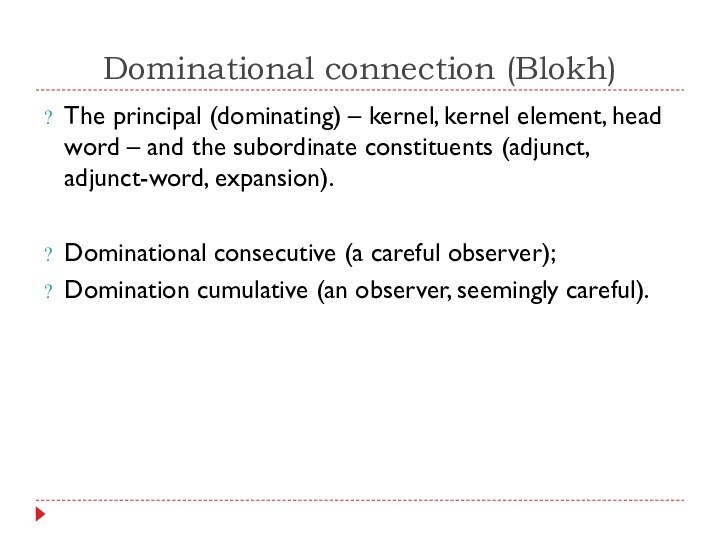

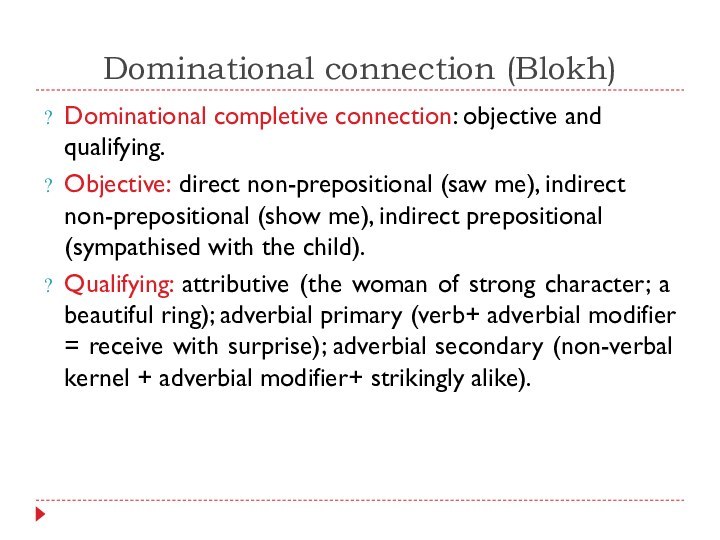







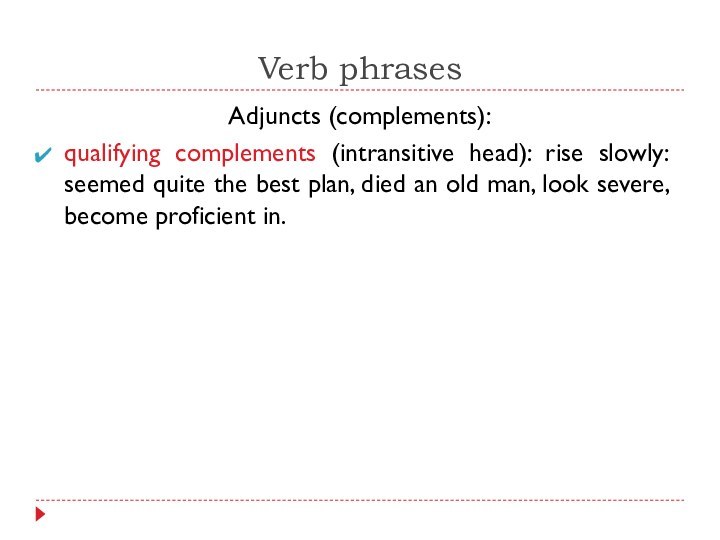




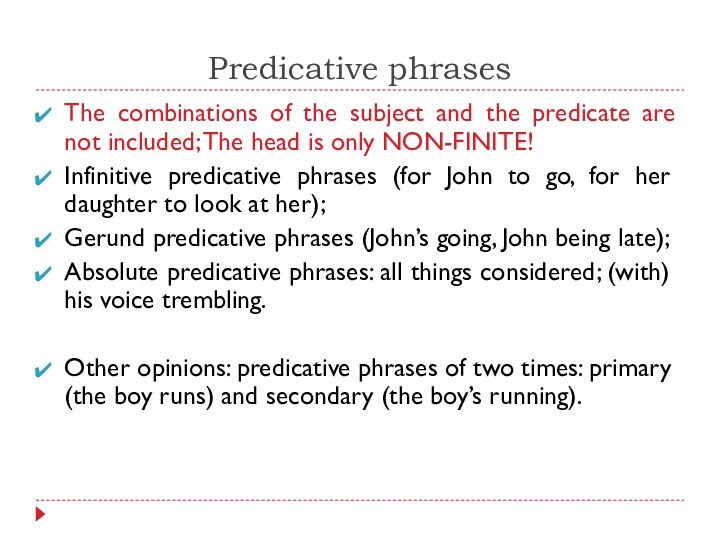
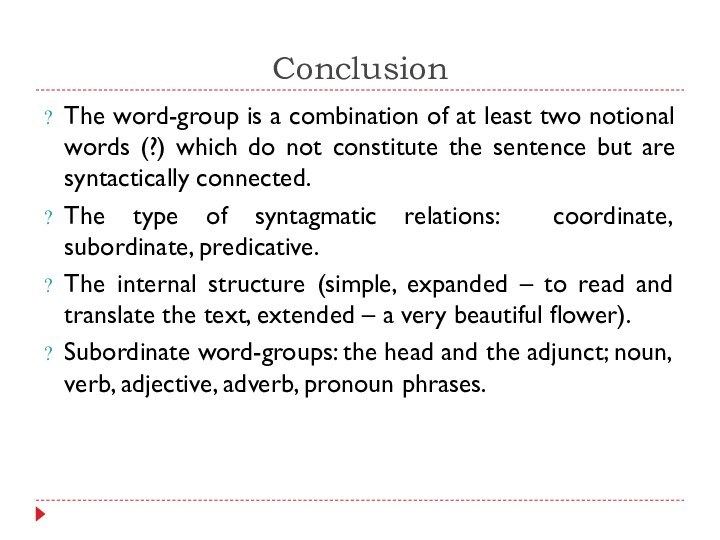
Слайд 2
Lecture outline
Syntactic relations.
The definition and general characteristics.
Classification of
word-groups.
Слайд 3
The syntactic notions
Syntactic relations: the syntagmatic (linear) relations
between the syntactic units.
1) Coordination and subordination (traditionally);
2) +
predication;3) + accumulation (Burlakova et al.).
Barkhudarov: on the basis of equality/inequality of the syntactic function of the whole group and its IC (immediate constituents)
Слайд 4
The syntactic relations
Coordination (independence):
word group, sentence, text;
the syntactic function of the whole group coincides with
the syntactic function of every IC: pens and pencils were purchased (pens were purchased, pencils were purchased); symmetric and asymmetric (pens and pencils, ladies and gentlemen);
copulative (you and me), disjunctive (you or me), adversative (strict but just), causative-consecutive (He didn’t come, because…).
Слайд 5
The syntactic relations
Subordination (dependence, difference linguistic rank):
word-group and
sentence;
the syntactic function of the whole coincides with the
function of one of ICs: A tall boy came in (A boy came in, * Tall came in); adverbial (to run slowly), objective (to help a friend); attributive (a new house) (Burlakova, the functions in a sentences);
the head and the adjunct.
Слайд 6
Syntactic relations
Predication (interdependence):
the syntactic function of the whole
group is different from the syntactic function of every
IC: The boy reads well (* the boy well, * reads well);primary (the subject and the predicate): men worked;
secondary (non-finite forms of the verb and nominal elements): his reading, for me to know, the boy running, I saw him run;
Burlakova: the term is not very good (in not consistent with coordination and subordination; interdependence – the relation b/w the IC).
Слайд 7
Syntactic relations
Accumulative
The relations b/w the constituents can be
identified only with regard to the word which is
not the part of the word combination: (write) his friend a letter; these important (decisions);the positions of the components are fixed (*important these);
and cannot be used (*these and important; not coordinate).
Слайд 8
The word-group. The definition.
the basic unit of syntax
(as well as the sentence);
2 components minimum;
grammatical structure.
No generally
accepted definition; negative approach (sth the word-group is not or does not have);Non-communicative (vs. the sentence).
Слайд 9
The views on word-groups
Broad (every syntactically organized group,
the relations do not matter);
Narrow (two notional words).
General characteristics:
As
a naming unit it differs from a compound word: two constituents = two denotates (a blackbird, a black bird);A dependent syntactic unit; non-communicative, no intonation.
Слайд 10
The broad view: syntagmatic groupings
(by Blokh)
Notional words
(notional phrases): denote complex phenomena and their properties in
their interconnection (a caring mother);Notional word + functional word (formative combinations): equivalent to separate words in terms of their nominative function, can be expanded (in a box = in an old box);
Functional words: used as connectors or specifiers of notional elements of various status: up to, must be able.
Burlakova supports the broad view.
Слайд 11
The notional phrases (classification)
Equipotent (words are related on
equal rank);
Dominational (words are syntactically unequal).
Equipotent syndetic and asyndetic
(prose and poetry vs. dark, gloomy);Equipotent coordinative (quick and careless) and cumulative (agreed, but reluctantly; quick – and careless): equal formally, not in terms of domination.
Слайд 12
Dominational connection (Blokh)
The principal (dominating) – kernel, kernel
element, head word – and the subordinate constituents (adjunct,
adjunct-word, expansion).Dominational consecutive (a careful observer);
Domination cumulative (an observer, seemingly careful).
Слайд 13
Dominational connection (Blokh)
Dominational bilateral (reciprocal, two-way): predicative (complete
and incomplete) – the train arrived, the arrival of
the train, the pupil understanding his mistakes.Dominational mono-lateral (completive): the syntactic status of the whole element is determined by the nature of the head-word.
Слайд 14
Dominational connection (Blokh)
Dominational completive connection: objective and qualifying.
Objective:
direct non-prepositional (saw me), indirect non-prepositional (show me), indirect
prepositional (sympathised with the child).Qualifying: attributive (the woman of strong character; a beautiful ring); adverbial primary (verb+ adverbial modifier = receive with surprise); adverbial secondary (non-verbal kernel + adverbial modifier+ strikingly alike).
Слайд 15
The narrow view (Barkhudarov)
Word-group (phrase) is a group
of syntactically related notional words, which is the component
of a sentence, but does not constitute a sentence on its own.According to syntactic relations: subordinate (ready to go, politically active, cold water), co-ordinate (pens and pencils, strict but just), predicative (for you to go).
According to the number of types of relations expresses: elementary (three black dogs – subordination); compound (red and blue pencils – coordination and subordination).
Слайд 16
The subordinate phrase
Syntactically unequal;
The head and the adjunct.
Types:
The
word class to which the head belongs: noun phrases
(wonderful weather), verb phrases (run fast), adverb phrases (extremely quickly), pronoun phrases (nothing interesting).
Слайд 17
The subordinate phrase: types
ICs represented with a word
or a word phrase:
simple (cold water);
with the
expanded head (saw him there, three black dogs); with the expanded adjunct (politically active youth);
with the expanded head and adjunct (the reception of the delegation by the President of the republic).
Слайд 18
The subordinate phrase: types
ICs separated / non-separated from
each other:
Continuous: nicely dressed;
Discontinuous: Slowly, Mr Johnson got
out of the chair; Of the threat she said nothing.
Слайд 19
Noun Phrases
The place of the adjunct:
Noun phrases with
pre-posed adjuncts: cold water, her shoulders, thirty-five minutes, slanting
stroke, quoted material, Paul’s room, consonant change.Noun phrases with post-posed adjuncts: the roof of the house, the people present, every creature alive, a man hard to please, desire to come, my life as an artist.
Слайд 20
Verb Phrases
According to the class of the verb:
Verb phrases with transitive head;
Verb phrases with the intransitive
head;Verb phrases with the transitive or intransitive verb head.
The adjuncts are divided accordingly:
Extensions (can be used with any head – transitive or intransitive);
Complements (the distribution is limited, with the verb of a particular class only).
Слайд 21
Verb phrases
Adjuncts (complements):
object complements (transitive head):
prepositional and non-prepositional
(wait for John, insist on doing vs. says not
to worry, read a book, turn the page).!!! Prepositional complements vs. extensions !!!
the preposition is determined by the verb vs. the preposition does not depend on the verb
He believes in God vs. He lives in Chicago.
!!! Non-preposition complements vs. extensions !!!
I came to speak with you vs. I wanted to speak with you
Extension can be substituted for ‘in order to’
Слайд 22
Verb phrases
Adjuncts (complements):
qualifying complements (intransitive head): rise slowly:
seemed quite the best plan, died an old man,
look severe, become proficient in.
Слайд 23
Verb phrases
According to the number and type of
adjuncts:
simple (see a boy, walk slowly);
verb phrases with two
extensions: He ran hastily downstairs;verb phrases with an extension and a compliments: I watched her closely;
verb phrases with two non-prepositional object complements: gave Tom a book;
verb phrases with a propositional and non-prepositional object complements: explained the whole affair to Mr Jones;
verb phrases with an object complement and a qualifying complement: consider it a privilege.
Слайд 24
Other types of phrases
Adjective phrases:
Politically active;
rich in possible modulations; larger units than the sentence;
loudest of all.Adverb phrases:
Awfully quickly, rather sharply, high in the air.
Pronoun phrases:
Some of the workers, nothing to do, something personal.
Слайд 25
Coordinate phrases
According to the means used to connect
the constituents:
Syndetic (with the conjunction): simple syndetic phrases (with
the continuous conjunction) – and, but, yet, or, rather, than, as well as – and correlative syndetic phrases (with the discountinuous conjunction): both … and, either … or, neither … not, from … to.Harsh and loud, precious nut remote, structural rather than historical.
Either a gerund or a participle, neither reading nor writing.
Слайд 26
Coordinate phrases
According to the means used to connect
the constituents:
Asyndetic: copulative (the co-ordinate conjunction can be used)
and appositive (conjunction cannot be used).Hot, dusty, tired…
Bill, the dean’s boy; you young people; the young man Edgar.
Слайд 27
Predicative phrases
The combinations of the subject and the
predicate are not included; The head is only NON-FINITE!
Infinitive
predicative phrases (for John to go, for her daughter to look at her);Gerund predicative phrases (John’s going, John being late);
Absolute predicative phrases: all things considered; (with) his voice trembling.
Other opinions: predicative phrases of two times: primary (the boy runs) and secondary (the boy’s running).






